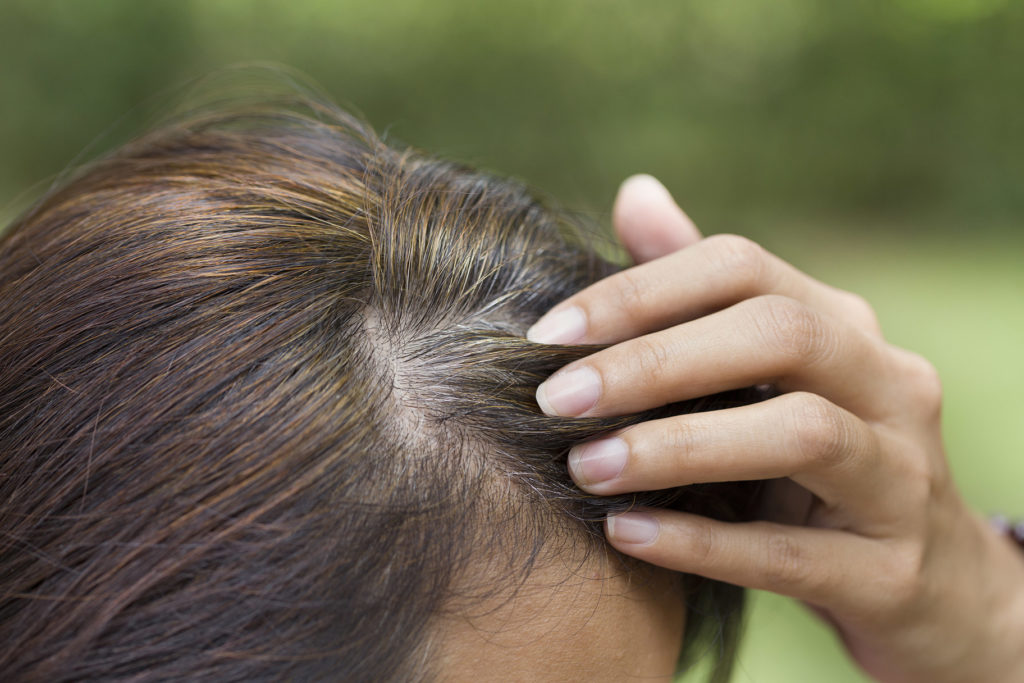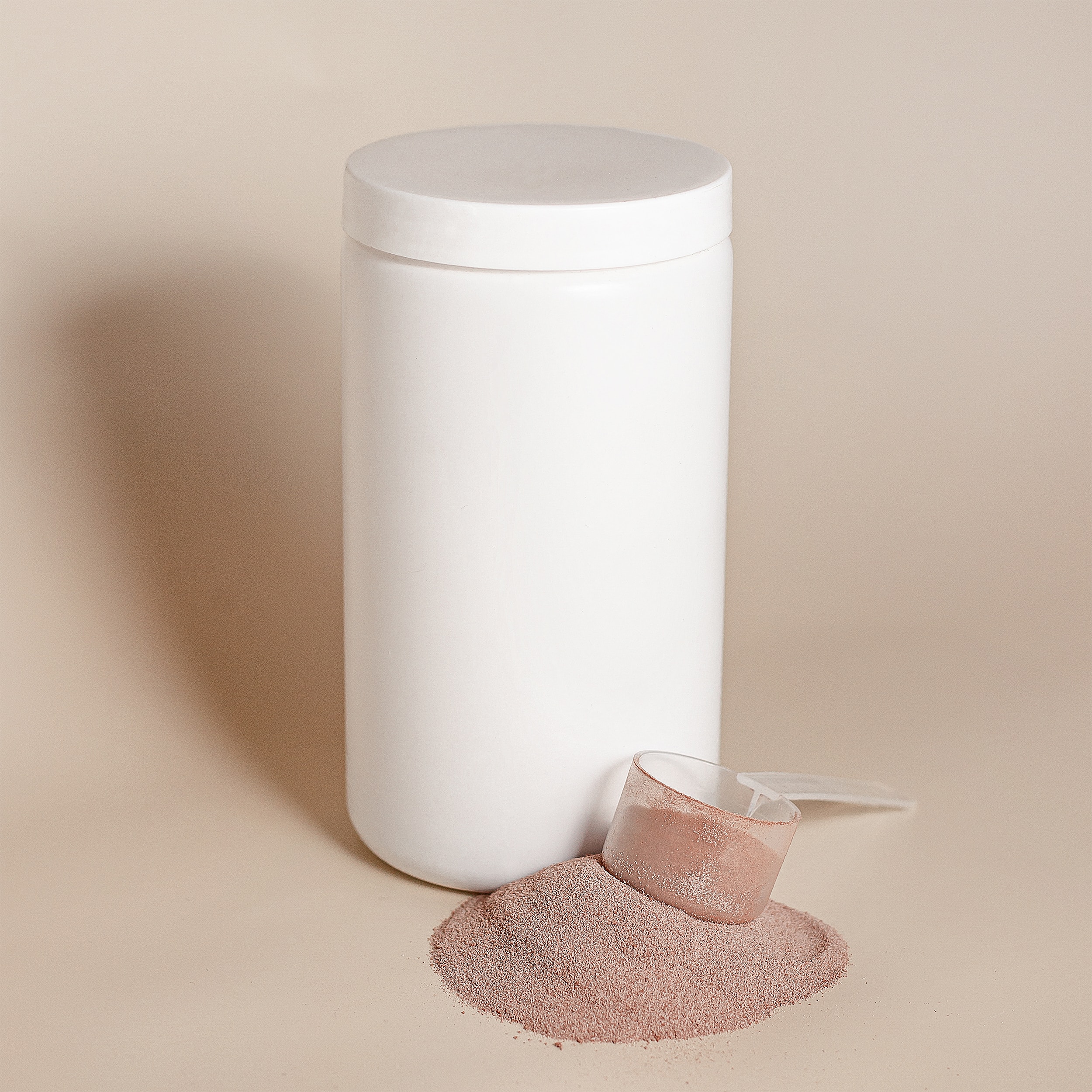
Fade to grey: the science behind silver hair
26th July 2018
There’s been a huge trend in recent years for dyed grey or silver hair, fuelled in popularity by celebrities such as Ariana Grande – rather ironic when you consider the lengths that many of us go to mask our natural greys, as we’re worried about looking ‘old’. Women tend to feel the pressure to dye their hair more than men, who are usually dubbed ‘silver foxes’ and encouraged to embrace the greys.
Grey hair can crop up at any age, with most people finding their first grey hair by their 30th birthday. By the age of 50, around half of the population will have 50 percent of hairs on their scalp turn grey, with men tending to have more than women. However, genetics play a role in when someone starts to go grey, so if your parents turned grey prematurely, there’s a possibility that you will too.
So, why do we start to lose our hair colour as we get older? Cells known as melanocytes, which produce the colour pigments, determine the colour of our hair. Your hair colour is made up of two types of melanin: pheomelanin, which produces red and orange pigments, and eumelanin, which is responsible for brown, blonde and black pigments. Over time, the melanocytes’ ability to produce more pigment decreases.
Hair growth is cyclical, going through many phases of growth during our lifetime. The active phase, known as the anagen phase, lasts between three and five years, during which hair can grow up to 60cm in length. After this phase the follicle ‘switches off’, cutting off blood supply to the hair. It remains in this state for up to three months, at which point the hair is shed. The follicle remains empty until the cycle starts again. The production of pigment also switches on and off during the cycle, so if it doesn’t switch back on at the same time that the anagen cycle begins, the hair will grow white.
Is there anything that you can do to prevent going grey? Stress is frequently cited as a factor in premature greying, as stress hormones may have an impact on the activity of melanocytes, but there’s no hard evidence to back this up. Taking a supplement containing copper could aid the production of melanin in the hair, and keeping generally healthy with a balanced diet, plenty of exercise and cutting out cigarettes could help prevent premature ageing. However, for the most part, it’s just down to genetic factors.
That said, scientists are still looking for ways to prevent greying – a group of scientists in France have discovered a series of agents that protect the melanocytes from damage at the end of the hair cycle. If it’s successful, then grey hair could soon be a thing of the past!


